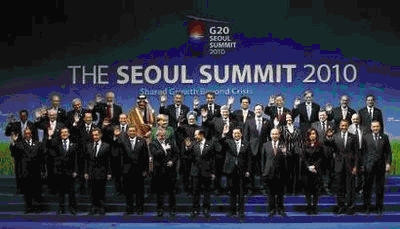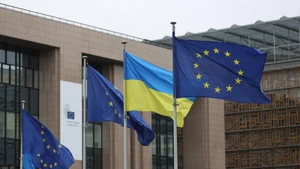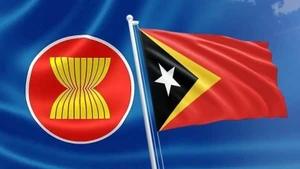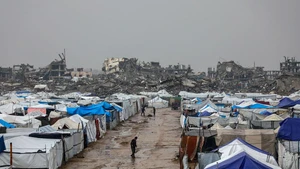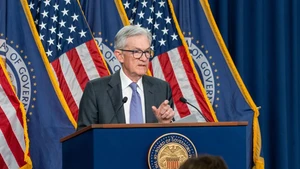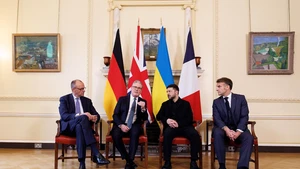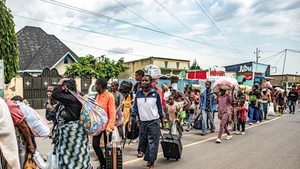Attending the Seoul Summit were leaders from the 20 member countries, the European Union, the IMF, the World Bank, the UN, the World Trade Organization, the OECD, the African Union, the ASEAN, and the International Labor Organisation, as well as from five non-G20 countries including Ethiopia, Malawi, Singapore, Spain and Vietnam.
At the first plenary session, South Korean President Lee Myung-bak stressed the significance of the agreements reached at the October Gyeongju G20 Finance Ministers and Central Bank Governors Meeting, which helped ease global tensions related to currency issues and trade imbalances.
He also discussed the importance of following through on the Mutual Assessment Process (MAP) to avoid future crises and promote strong sustainable growth.
G20 Seoul Summit officially started on Thursday evening when Lee Myung-bak hosted a grand welcome reception and a working dinner for leaders of the world's most important economies, including the US, China, Germany, Japan, Russia, France, Britain and Brazil.
At the two-hour working dinner, G20 leaders began their discussion on issues related to 'Global Economy and Framework', touching upon the important issues related to global imbalance and recovery.
The G20 leaders were expected to hold a total of six plenary sessions in the day
As for the rest of the five sessions, according to the official timetable given out to the press, the meetings were scheduled to cover reform on international financial institutions, global financial safety nets, development, financial regulatory reform, anti-corruption, energy, etc.
Even during their lunch breaks, the leaders have been scheduled to talk about trade, climate change and green growth.
At the first plenary session, Lee Myung-bak said there has been 'big progress' in the negotiations to narrow wide differences over how to manage trade imbalances and currencies, which paved the way for the joint communique.
At the Gyeongju meeting, G-20 finance ministers agreed to change to some extent the global exchange system that reflected underlying economic fundamentals and to refrain from competitive devaluation of currencies. (Xinhua)
